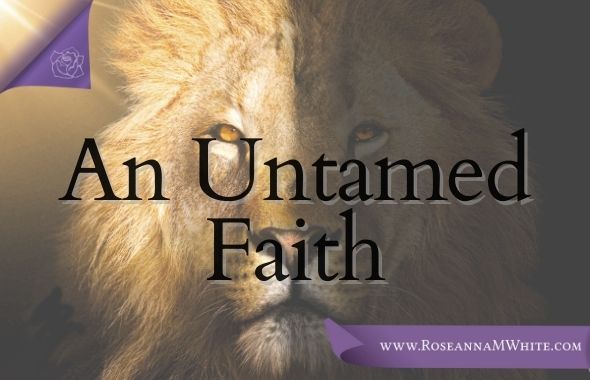
Save, We Pray – Hosanna!

“Hosanna!”
It’s an interjection that we shout as praise in the Christian church. “Hosanna in the highest! Hosanna to the son of David! Blessed is He who comes in the name of the Lord!”
Hosanna.
I’ve sung songs with that proclamation since I was a child (I still remember thinking, at the ripe age of 6, that they were singing “Roseanna,” and being very flattered and confused, LOL.) And like so many things that I’ve done since I was a child, I had only vague ideas of what it meant. Something about Christ as my Savior … right? That He was sent by God.
True. But not complete.
The word Hosanna has been preserved in Greek, Latin, and brought directly into English without much change. There was no attempt to directly translate it. Because the word stands on its own as a shout. “Hosanna!” We speak it as a praise, yes. But it’s not only a praise. It’s a soul-deep cry, from the hearts that most need Him.
It will be no surprise to learn that hosanna is taken from Hebrew originally, and it’s a shortening of hoshi’ah-nna, which means “Save, we pray!”
This weekend we’ll remember when Jesus rode into Jerusalem on a donkey–a humble mount instead of the gallant steed of a king. The day when the crowds whipped off their outer garments and put them in the road for him to ride over. The day they cut palm branches and waved them before him. This image, to modern society, may scream “Groupies!” in a way, right? We picture crazed fans ripping off their clothes and waving things in the air.
But when we cry out “Hosanna!” we’re not calling His name, per se. We’re not asking Him to entertain us. We’re not acknowledging Him as an earthly king.
When we cry out “Hosanna!” we’re acknowledging, rather, our own desperation. We’re calling to Him because He has the power to change it. We’re calling Him Savior … but not like a paramedic with a crash cart or a Coast Guardsman with a life vest. It’s much deeper than that. He can save our bodies, yes. But more.
He saves our souls. He saves us on levels we don’t even know to hope for.
Two thousand years ago, when those crowds called out “Save us!” they were crying it like their ancestors had. They were asking for a very physical, temporal redemption.
But Jesus didn’t give them what they asked for–He gave them what they needed.
When you cry out, “Hosanna!” this weekend, what will it mean to you? In your heart? Is it just a pretty sounding word? Is it a praise? That may be what we mean when we sing it.
But Jesus knows more than what our words say–He knows what we need. He knows that, even if we’re focused on our physical needs, it’s our spiritual ones that most need addressed. He knows that, though we think we need a good leader in the world, it’s good leaders in the Church that are most important.
He knows that, though we may cry out our praises in the pews, that doesn’t stop us from turning around and nailing Him to the cross with our sins a few days later.
But He’s forgiven that too. Because just like we don’t know what to ask for, we also don’t know how we hurt Him every time we choose ourselves above Him, every time we choose the easy way instead of the good way, every time we focus on earthly comforts instead of heavenly security. He knows us in our fleshly frailties. He knows us because He walked in our skin. He felt the pangs of hunger. He had to sort out what to wear, and to whom he could entrust the care of his precious mother when He knew He wasn’t long for this world.
He knows, friends. He knows us in our every weakness. He knows us in our strength. He knows us in our purity and in our sin. He knows us, and He loves us, and He answered, “Yes. Here I am. I heard you. I will save you.”
Maybe sometimes, when we’re really in the thick of a storm, it feels like we’re just crying in the dark. But we’re not.
We’re calling out to the Light of the world. And He has already answered that cry.







 Roseanna M. White is a bestselling, Christy Award winning author who has long claimed that words are the air she breathes. When not writing fiction, she’s homeschooling her two kids, editing, designing book covers, and pretending her house will clean itself. Roseanna is the author of a slew of historical novels that span several continents and thousands of years. Spies and war and mayhem always seem to find their way into her books…to offset her real life, which is blessedly ordinary.
Roseanna M. White is a bestselling, Christy Award winning author who has long claimed that words are the air she breathes. When not writing fiction, she’s homeschooling her two kids, editing, designing book covers, and pretending her house will clean itself. Roseanna is the author of a slew of historical novels that span several continents and thousands of years. Spies and war and mayhem always seem to find their way into her books…to offset her real life, which is blessedly ordinary.